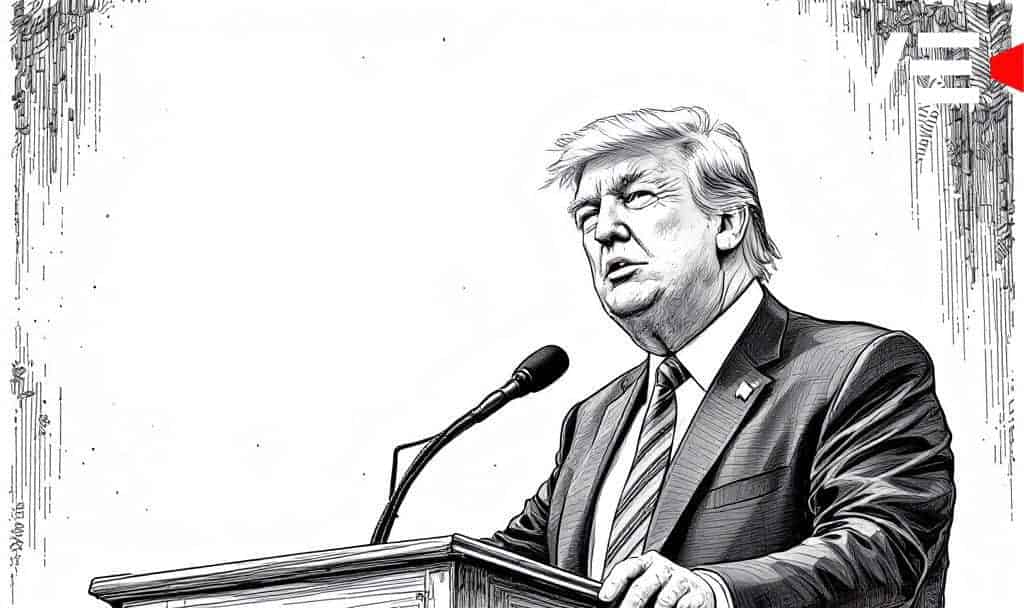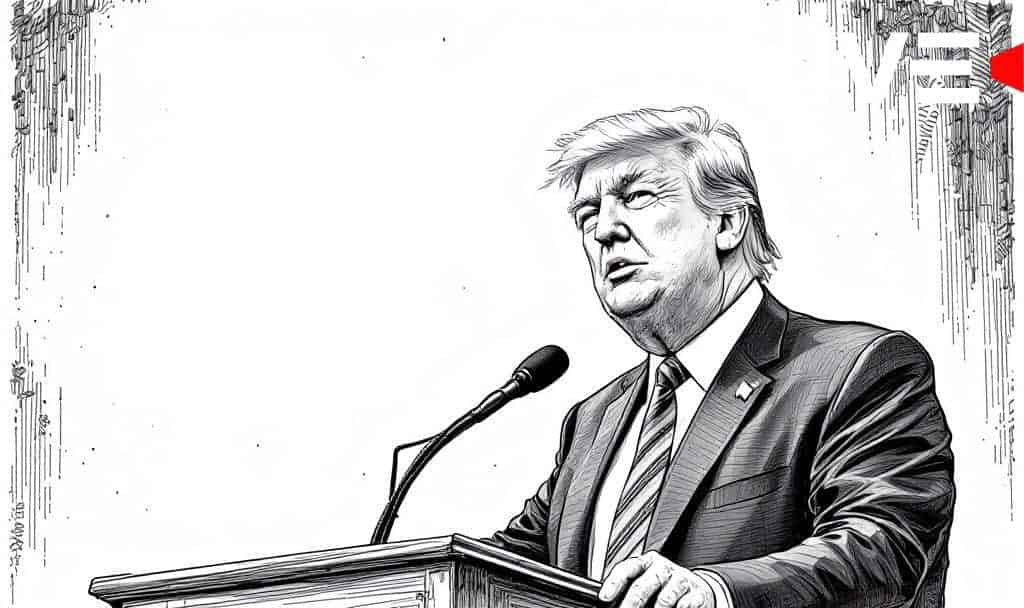
President Donald Trump announced that the stock market is set to achieve numerous new record highs, reaffirming his optimism in the financial sector's potential growth.
This announcement comes amid significant market volatility influenced by Trump's tariff policies, impacting the S&P 500 and NASDAQ indices with substantial rebounds recorded in recent trading sessions.
President Trump's Market Outlook
President Trump recently declared that the stock market would achieve "many more record highs" during a statement that has drawn global attention. This message signifies a key moment in ongoing financial discussions.
The announcement refers to previous market reactions under the Trump administration. His economic policies, particularly those involving tariffs, have historically spurred significant market fluctuations and are central to his presidential strategy.
Market Volatility and Investor Sentiment
The expectation of market highs mainly impacts the financial sector, with fluctuations influencing investor decisions. Market volatility frequently follows such statements due to previous tariff-related announcements, leading to pronounced corrective movements.
Market indices, including the S&P 500, have previously shown sharp rebounds following policy shifts, impacting both stock and bond markets. However, recent data shows only indirect effects on cryptocurrency markets, despite the potential for correlated movements. As Charles Schwab noted, "The S&P 500's rebound from the April 8th lows has been almost as jarring as its decline to those lows… the rebound isn't unwarranted: aggressive 'reciprocal tariffs' got the market into a mess, so a pause of those tariffs got the market out of that mess."
The S&P 500's rebound from the April 8th lows has been almost as jarring as its decline to those lows… the rebound isn't unwarranted: aggressive 'reciprocal tariffs' got the market into a mess, so a pause of those tariffs got the market out of that mess.
Economic Signals and Historical Trends
Market analysts suggest that short-term volatility is likely as investors respond to conflicting economic signals. Stock market predictions often coincide with political statements, adding layers of complexity to financial forecasts.
Historical trends indicate that similar tariff-induced fluctuations eventually recovered when policies stabilized. Analysts are monitoring on-chain data for evidence of risk-on behavior, potentially influencing major cryptocurrencies.

